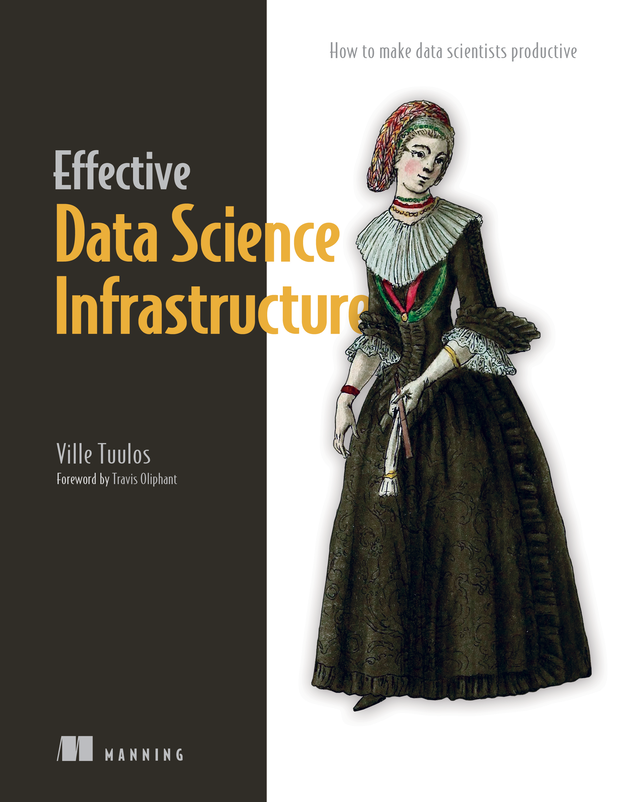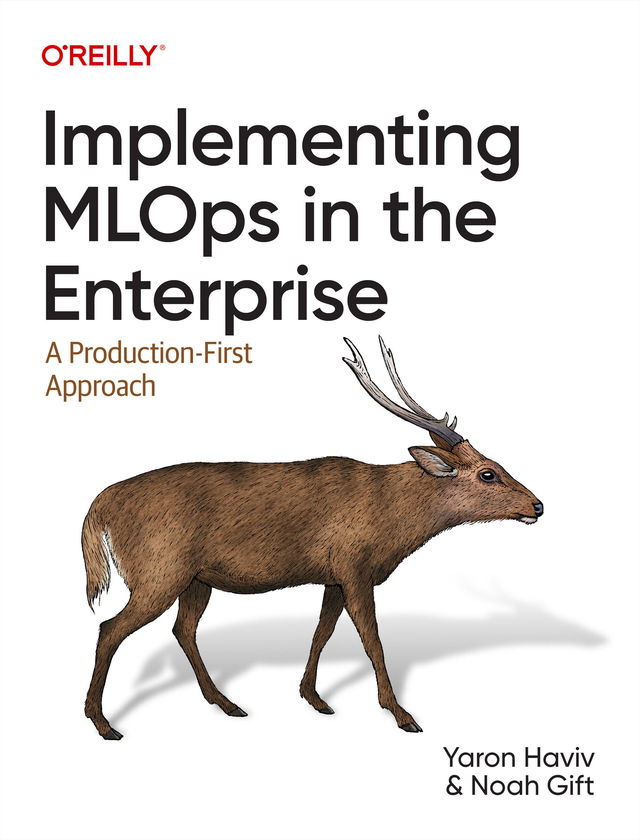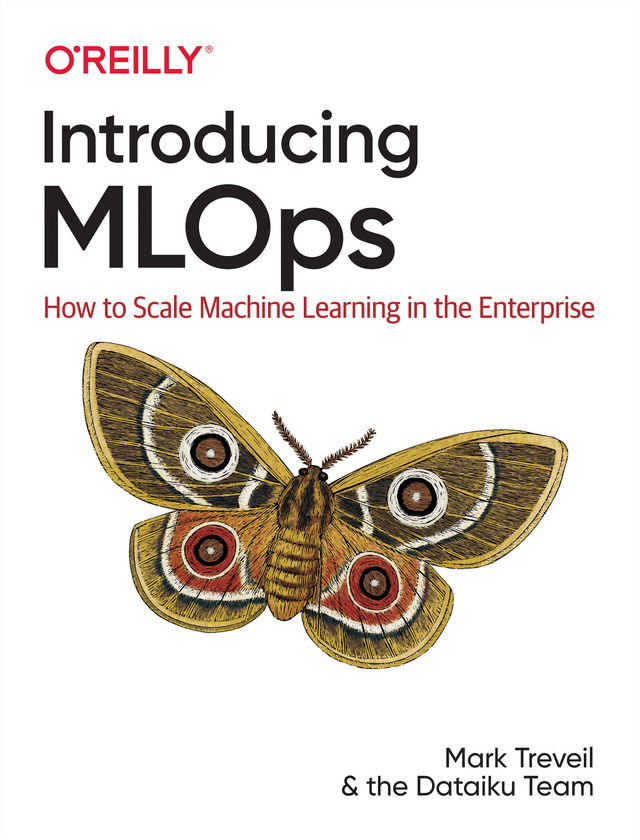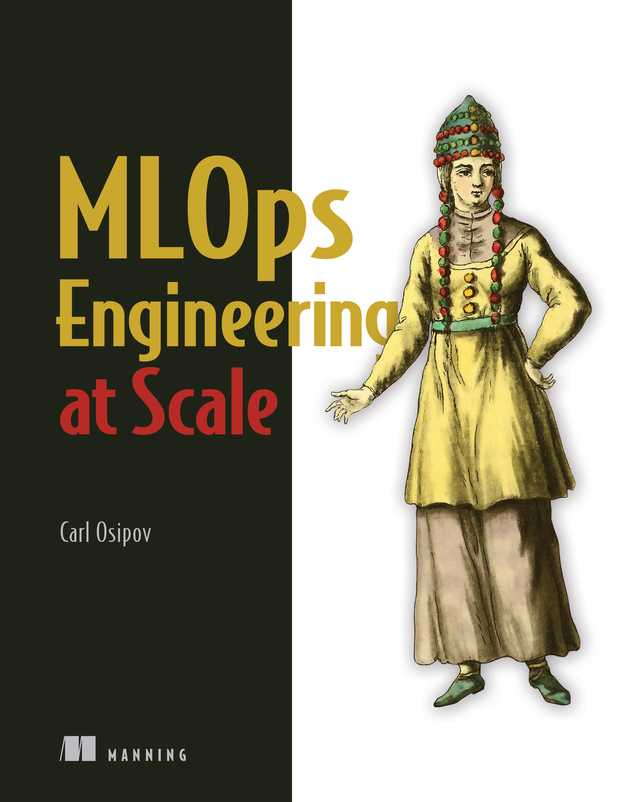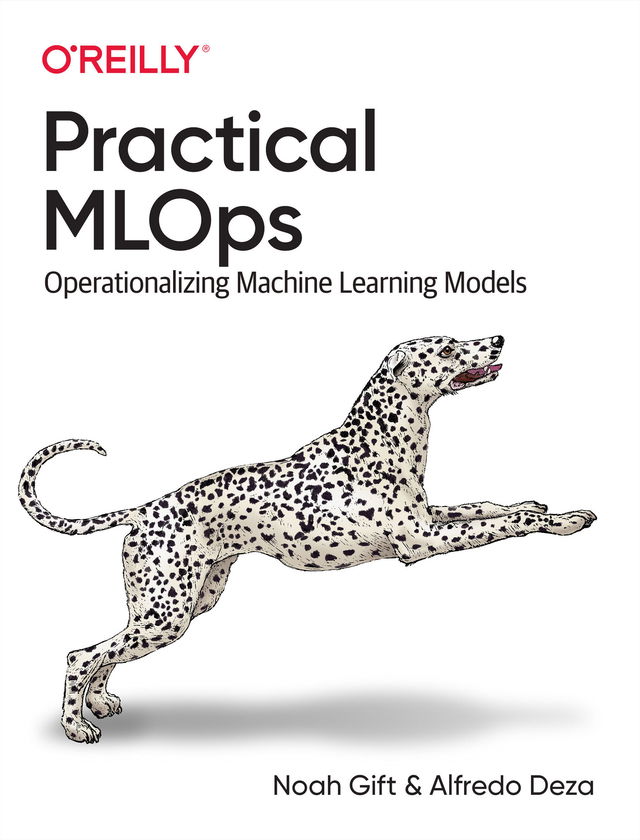Simplify data science infrastructure to give data scientists an efficient path from prototype to production.
In Effective Data Science Infrastructure you will learn how to:
- Design data science infrastructure that boosts productivity
- Handle compute and orchestration in the cloud
- Deploy machine learning to production
- Monitor and manage performance and results
- Combine cloud-based tools into a cohesive data science environment
- Develop reproducible data science projects using Metaflow, Conda, and Docker
- Architect complex applications for multiple teams and large datasets
- Customize and grow data science infrastructure
Effective Data Science Infrastructure: How to make data scientists more productive is a hands-on guide to assembling infrastructure for data science and machine learning applications. It reveals the processes used at Netflix and other data-driven companies to manage their cutting edge data infrastructure. In it, you’ll master scalable techniques for data storage, computation, experiment tracking, and orchestration that are relevant to companies of all shapes and sizes. You’ll learn how you can make data scientists more productive with your existing cloud infrastructure, a stack of open source software, and idiomatic Python.
The author is donating proceeds from this book to charities that support women and underrepresented groups in data science.
